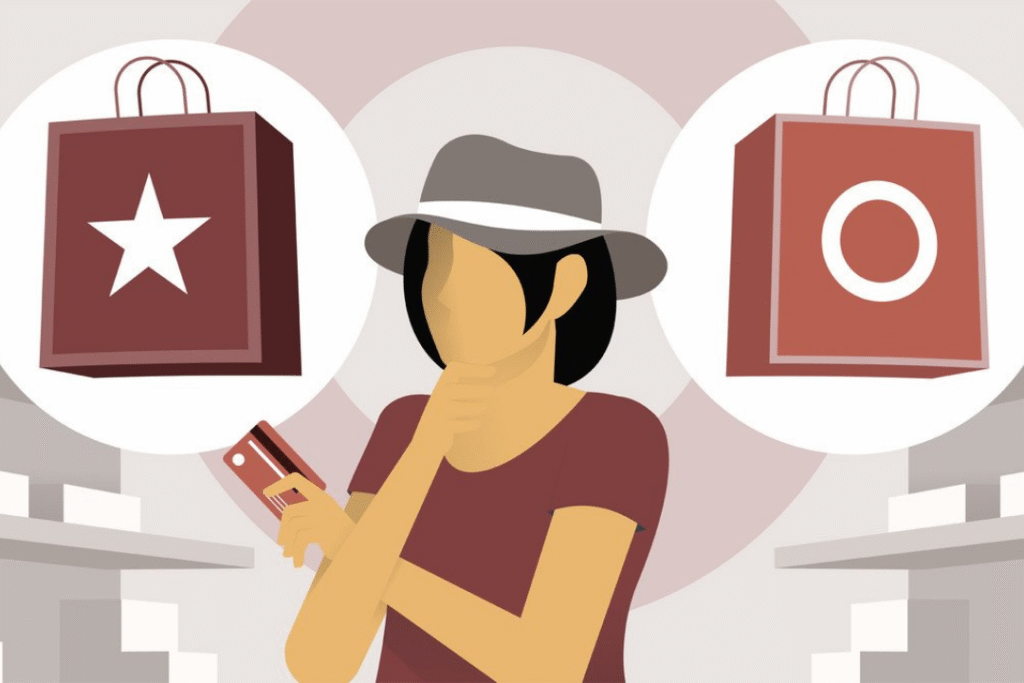Understanding why people make certain purchases goes far beyond price tags or product features. The human brain is wired to make decisions based on emotions, experiences, and social influences. Businesses that tap into these psychological triggers are more likely to connect with customers, build trust, and drive long-term sales.
Emotions Drive Purchasing Choices
Have you ever noticed how some purchases feel more emotional than logical? That’s because emotions are at the core of buying decisions. Happiness, fear of missing out (FOMO), pride, and even nostalgia can push consumers toward choosing one product over another. A perfume may remind someone of a special memory, while a luxury car may signal status and success.
In fact, many studies reveal that psychology behind consumer purchasing decisions plays a stronger role than rational thinking when it comes to buying. For example, people often justify an impulse purchase later with logic, but the initial spark is usually emotional.

The Role of Social Proof
Humans are naturally influenced by the opinions and actions of others. Reviews, ratings, and testimonials act as powerful motivators. When shoppers see that others have had positive experiences, they feel more confident about their own choice. This is why platforms like Amazon, Yelp, or Google Business reviews play such a critical role in influencing behavior.
Businesses can harness this psychology by showcasing authentic reviews, highlighting customer stories, and leveraging influencer partnerships. When potential buyers feel that “people like me” have already purchased, they’re more likely to follow suit.
Scarcity and Urgency as Triggers
Scarcity taps into the brain’s survival instincts. When a product is shown as “limited edition” or “only 2 left in stock,” it creates a sense of urgency. This psychological effect, known as the scarcity principle, motivates people to act quickly to avoid missing out. That’s why flash sales, countdown timers, and exclusive deals work so effectively.
Marketers who use scarcity wisely without overdoing it can increase conversions significantly. However, authenticity is key; false urgency can harm trust.
Cognitive Biases at Play
Consumer decisions are often guided by cognitive shortcuts called biases. Here are a few common ones:
- Anchoring Bias: Shoppers tend to rely heavily on the first piece of information they see, such as a high original price next to a discounted one.
- Loss Aversion: People fear losing something more than they desire gaining something. That’s why “money-back guarantees” or “don’t miss out” campaigns are effective.
- Reciprocity Principle: When businesses give something for free like samples, ebooks, or free trials customers often feel compelled to return the favor by making a purchase.
Understanding these biases allows businesses to design marketing strategies that align with how people naturally think.
Cultural and Geographic Influences
Psychology isn’t universal; culture and geography also play an important role. For example, in cities like New York or London, convenience and speed often dominate purchasing decisions, while in smaller towns, trust and word-of-mouth hold more weight. In markets such as Asia, collectivism and family approval can strongly influence decisions, while in Western countries, individual preferences may be more dominant.
For businesses aiming for global reach, tailoring campaigns to geographic and cultural nuances ensures better resonance and stronger customer loyalty.
The Future of Consumer Psychology
As digital technology evolves, understanding consumer behavior is becoming even more data-driven. AI and predictive analytics are helping businesses analyze patterns, anticipate needs, and deliver hyper-personalized experiences. Yet, the foundation remains the same: people buy based on emotions, trust, and social influence.
Companies that respect these psychological drivers while using technology to enhance personalization will continue to stay ahead of the competition.
Final Throught
The psychology behind consumer purchasing decisions isn’t about manipulation it’s about understanding human behavior and aligning with what customers genuinely want and feel. Businesses that embrace this approach can create lasting relationships, increase brand loyalty, and achieve long-term growth.





